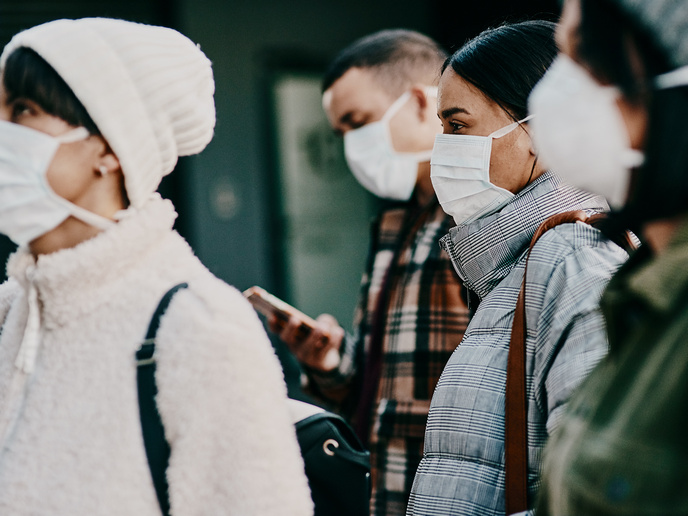Treating opportunistic fungal infections
Getting to the genetic basis of disease susceptibility and drug resistance is the key to fighting the growing incidence of drug resistance and allergic reactions. The EU-funded multidisciplinary SYBARIS(opens in new window) project is based on the premise that the outcome of fungal disease relies on interaction of the elements of drug resistance. The complex biochemical relationships between the host and the pathogen are therefore a key aspect. Patients with fungal infections and a control normal group as well as a collection of anti-fungal drug-resistant fungi provided the genetic profiles. Fungi used were well known pathogens — Candida albicans (causes thrush) and Aspergillus fumigatus, and Saccharomyces cerevisiae, a species of yeast that doesn't normally cause disease. The SYBARIS team compared the genetic backgrounds of the study group to determine how a non-pathogen such as S. cerevisiae can become pathogenic in some people. A complementary study of allergy-causing fungal strains was also undertaken. A newly developed data management system helped identify genes and pathways responsible for drug resistance and sensitivity as well as a list of biomarkers of antimicrobial drug resistance. By incorporating genome-wide association study results into systems biology models, researchers could determine the impacts of anti-fungal therapy on the immune system. To select new compounds, the project team tested a recently developed library of peptidomimetics that demonstrate anti-fungal action and low toxicity on C. albicans and Aspergillus strains. Mimicking the molecules of the fungus, the small proteins interfere with its basic biochemistry to halt its development and eliminate infection. Fungi have elaborate methods of evading an immune response. Testing patient cells such as the dendritic cells revealed if the treated fungi were better recognised by the immune system. As a result, three compounds have been selected for further development and inclusion in clinical trials. SYBARIS findings have been published in 41 scientific papers and were widely disseminated through the website, workshops and conferences. The SYBARIS initiative has advanced antimicrobial drug research in infectious disease and immunology in Europe. This has provided the potential for development of novel therapies and strategies to combat fungal infections in immunosuppressed patients.







